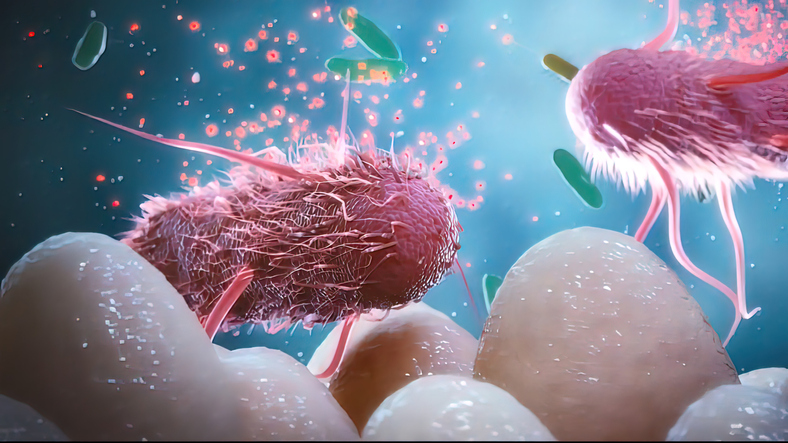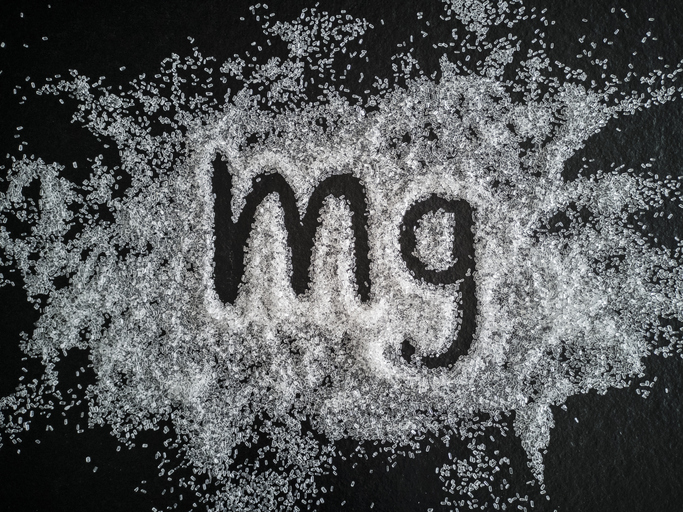A healthy thyroid is a critical your energy, your weight, your skin, your hair and so much more. Yet many people are told that their thyroid is “fine” when they go to the doctor. The range for “normal” thyroid function is enormous. You may still be in the normal range but what if you are at the bottom of the normal range and 10 years ago you were at the top of the normal range? That would feel like a big difference. That’s one of the reasons I use optimal levels when treating patients and their symptoms are a big part of the treatment plan.
There are a number of ways that your thyroid can be functioning less than its best. There are environmental factors that affect thyroid function such as gluten, gut health, liver health, excess or deficient iodine and vitamin D deficiency.
There is one nutritional factor that seems to affect all types of thyroid dysfunction: Selenium.
Selenium is a common deficiency in adults and it is thought to be linked to our farming practices and the fact that the soil has been depleted of this important micronutrient.
Your thyroid does not produce active thyroid hormone. The conversion to active thyroid (T3) requires adequate amounts of selenium and occurs in the liver and other locations in your body outside the thyroid.
Selenium deficiency is also linked with illness but not specifically causing illness itself, but that it makes the body more susceptible to illnesses caused by other nutritional, biochemical or infectious stresses, due to its role in immune function. Adequate selenium also protects the thyroid gland from damage from excessive iodine exposure.
A recent study on auto-immune thyroid condition such as Hashimoto’s found that selenium supplementation reduced thyroid peroxidase antibody levels in the blood, even in selenium sufficient patients.
So take Selenium to help your thyroid right? Well, the answer is, it depends.
There are some studies that show that long term consumption of high doses of selenium can lead to complications such as gastrointestinal upsets, hair loss, white blotchy nails, garlic breath odor, fatigue, irritability, and mild nerve damage.
Additionally, supplementing selenium if you have low iodine may actually aggravate hypothyroidism.
Another negative effect was seen in a large clinical trial that looked at the effects of selenium supplementation on prostate cancer risk in over 35,000 men and found that those with normal to high selenium levels at baseline experienced a significant increase in the risk of prostate cancer after supplementing with 200 mcg/d of selenium.
Conclusion, selenium is great if you need it but if you are a man, or just want to know, best to get checked with a test such as the intracellular micronutrient test by Spectracell or Genova (these can be ordered from my clinic if you would like to find out your status).
Foods that are high in selenium include brazil nuts, crimini mushrooms, cod, shrimp, tuna, halibut, salmon, scallops, chicken, eggs, shiitake mushrooms, lamb, and turkey. Brazil nuts are particularly rich in selenium; it only takes a few every day to improve your selenium status and boost immune function.
Committed to your Vitality,
Dr. Tami
PS: All the health information on the web and from “practitioners” can be confusing. I am here to guide you and hope to bless you based on my research, 15 years of clinical practice and education as a double board certified MD.
PSS: A place of information and recipe sharing is my Facebook. Be sure to “like” and share. Remember, health is contagious, pass it on!
Sources:
https://www.ncbi.nlm.nih.gov/pubmed/18384097
https://www.ncbi.nlm.nih.gov/pubmed/18384097
https://www.ncbi.nlm.nih.gov/pubmed/16837619?dopt=Abstract
https://www.ncbi.nlm.nih.gov/pubmed/14550763
https://ajcn.nutrition.org/content/87/2/379.short














